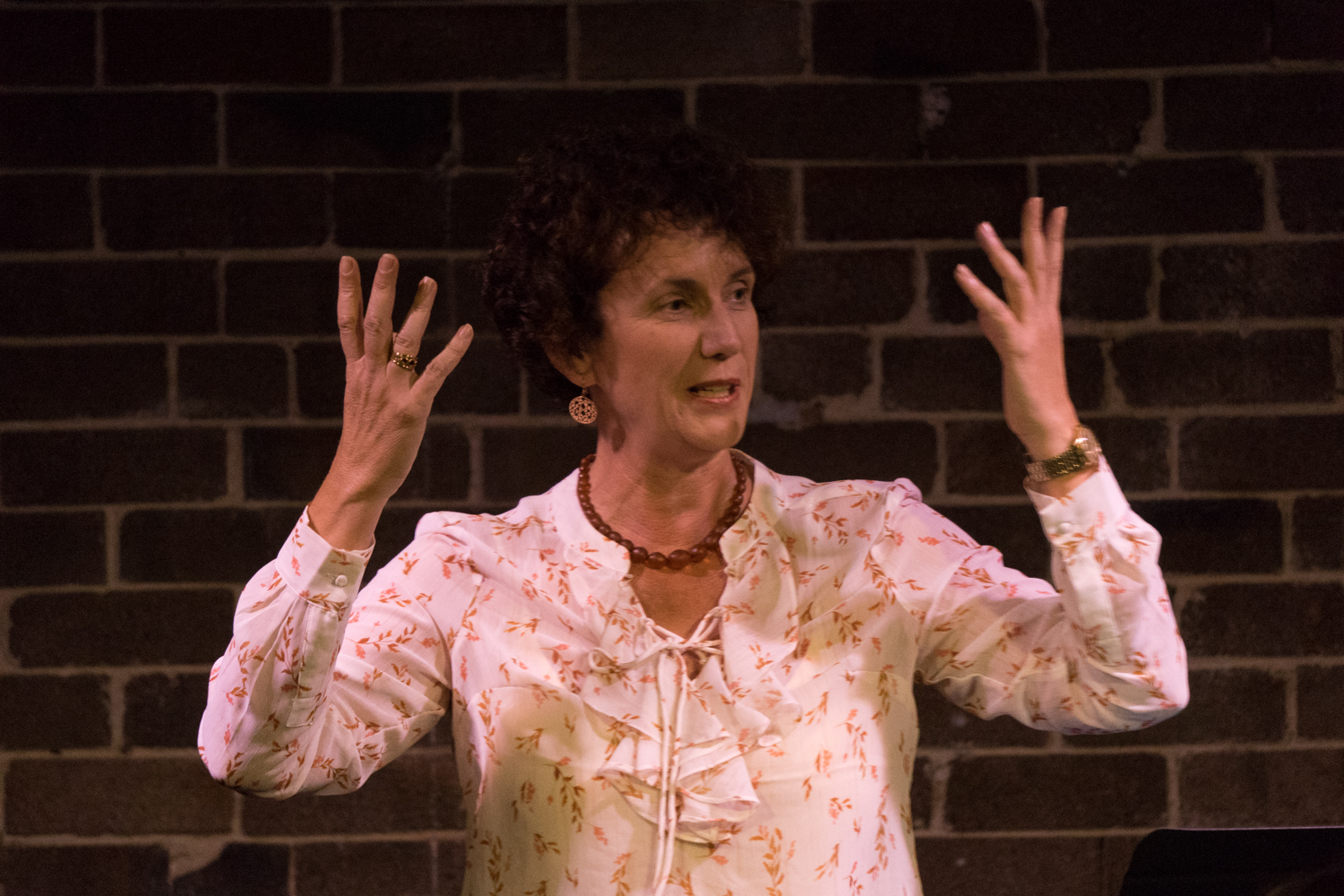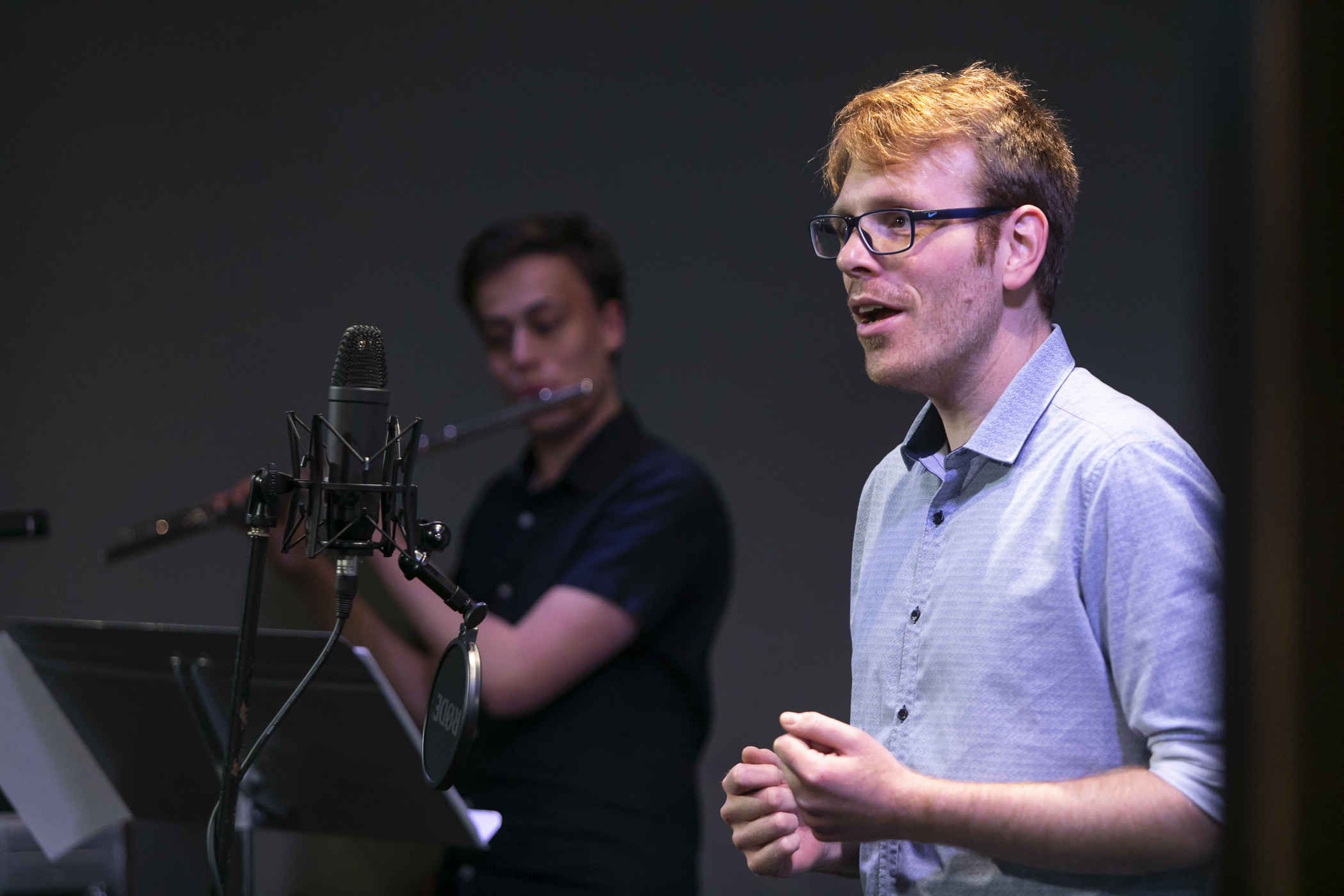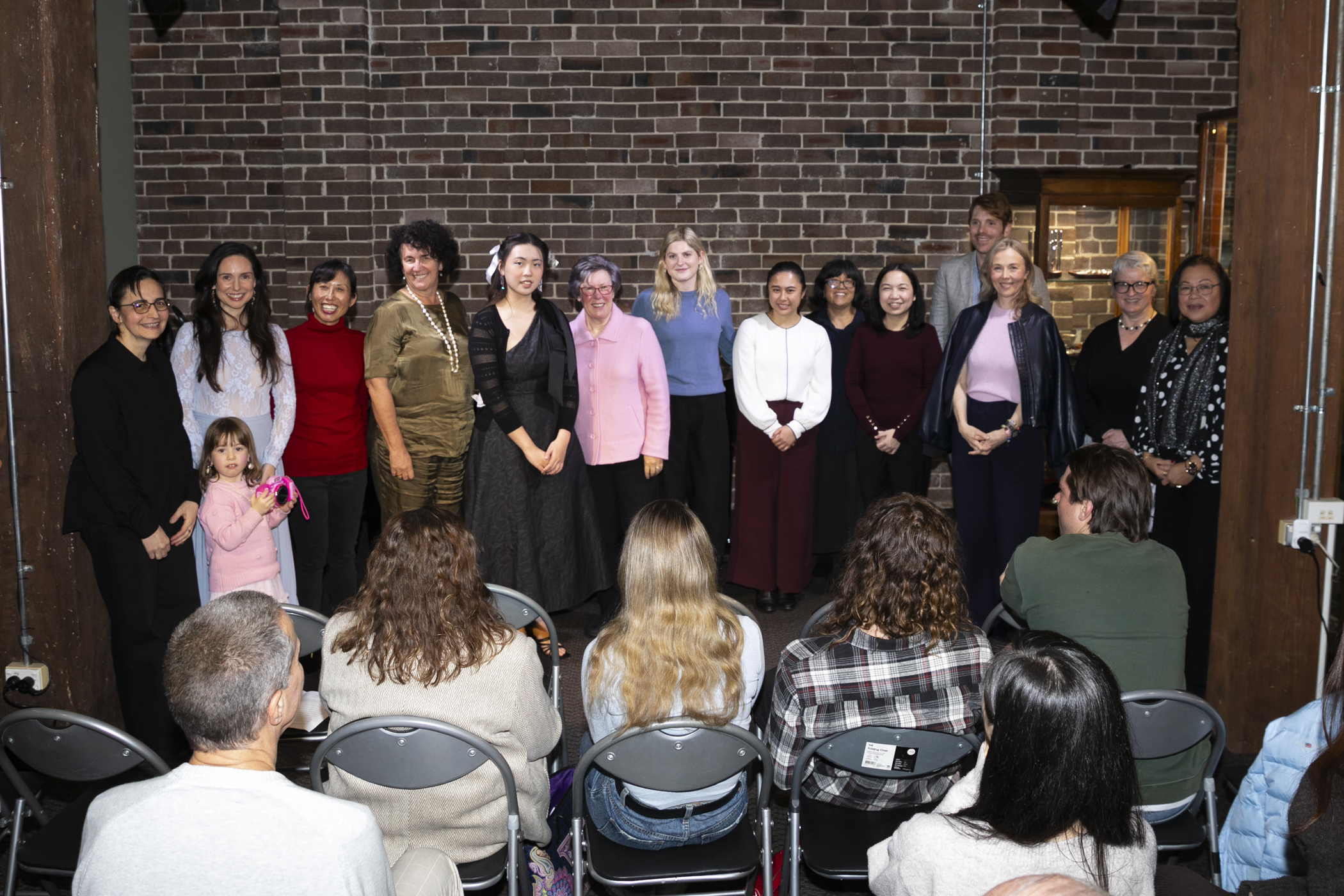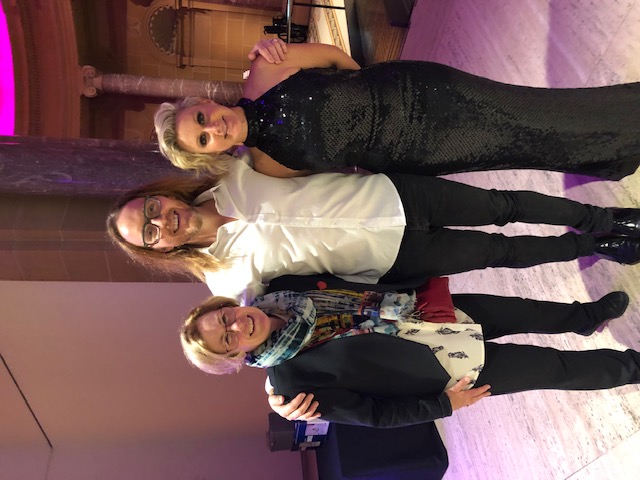How choosing the right song repertoire for your voice helps you grow as a singer
Choosing repertoire, i.e. the songs you sing, requires a range of decision making, based on a singer’s ability and various other reasons, such as cultural and technical appropriateness.
Here, I’ll explore some songs currently being sung in the studio, and why I have selected them for singers. Sometimes, singers come to lessons with songs they want to learn. These need to be assessed and worked on with thoughtfulness.
Whether you’re currently learning singing, planning to, or you’ve left training because the song choice didn’t suit you, I hope this blog helps you better understand repertoire choices.
How your singing teacher helps you choose song repertoire
When choosing repertoire, you need to balance your existing capabilities, while also challenging yourself. Some songs you learn because they assist with vocal technique. Others highlight your ability, and some allow you to perform in a style that suits you.
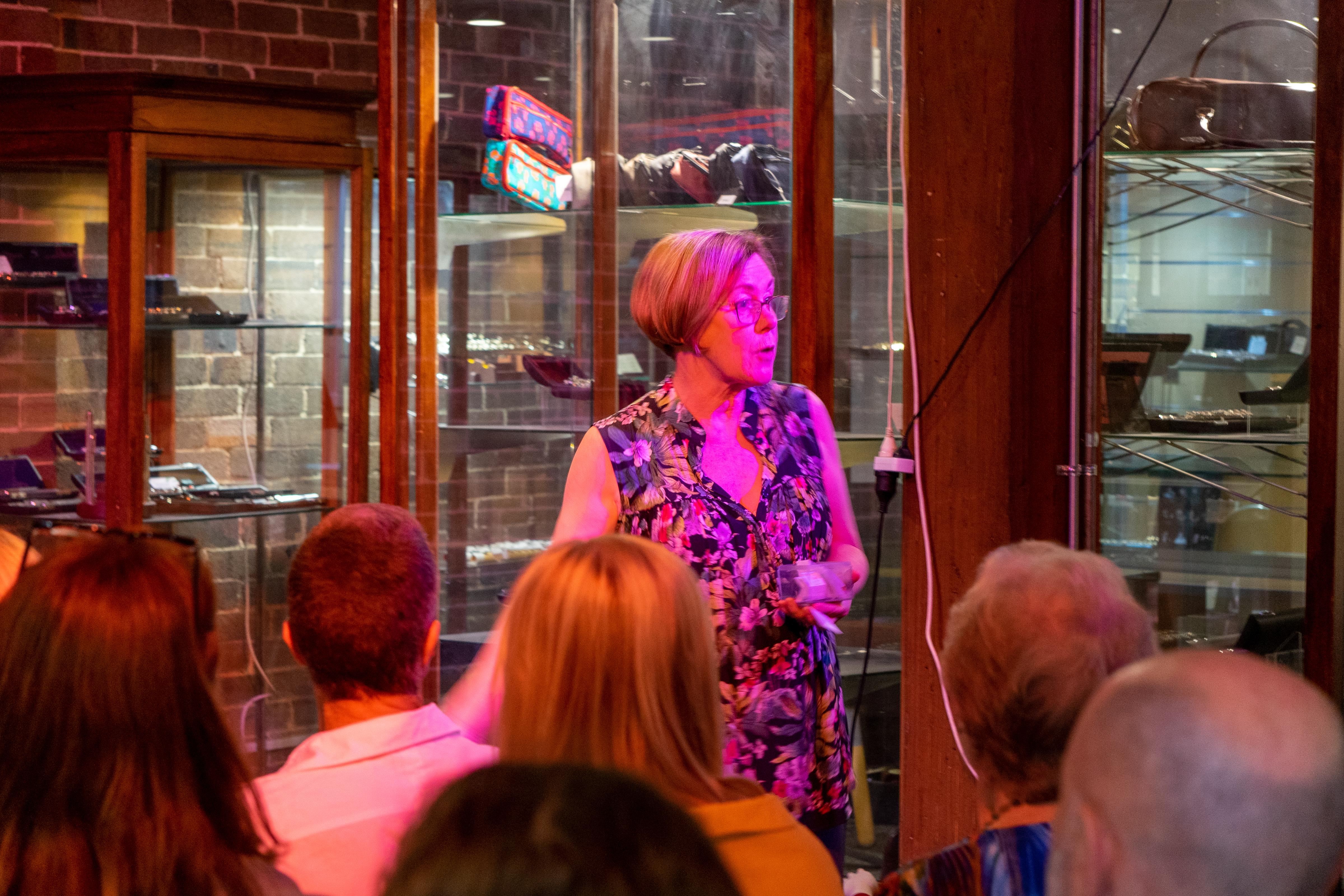
Kathleen Connell at her student’s concert in 2022
Before a singer can learn a song, a singing teacher needs to assess its technical difficulty, articulation demands, phrasing structure and vocal range. Other elements that determine if a song is suitable for beginner, intermediate or advanced singers include:
- Tempo
- Storytelling
- Rhythm
- Intervals
A singer also needs some emotional connection to a song or they will never learn or perform it meaningfully.
Beginner song repertoire – make it achievable
Music theatre repertoire is a great start. Singer Alex recently mastered ‘Follow Your Heart’ from Urinetown. This has a range of technical challenges that let a singer work on a wider vocal range, as the song goes high in parts. Its easy rhythmic style assists the singer and the phrases are shorter and the beat even, allowing for flowing, steady breath control. The song is also humorous, and about young love, to which a young adult singer should relate. One reason this song works for a beginner is the accompaniment follows the melody line, which assists a singer.
Alex describes some of the performance challenges: “Bringing out the character of Hope, her optimism and hopefulness is important. Also, acting the song with comedy, is stretching. The song also has challenges for my higher register, particularly articulation. Making words clear in my upper register is something that needs work.”
Intermediate repertoire helps build technique
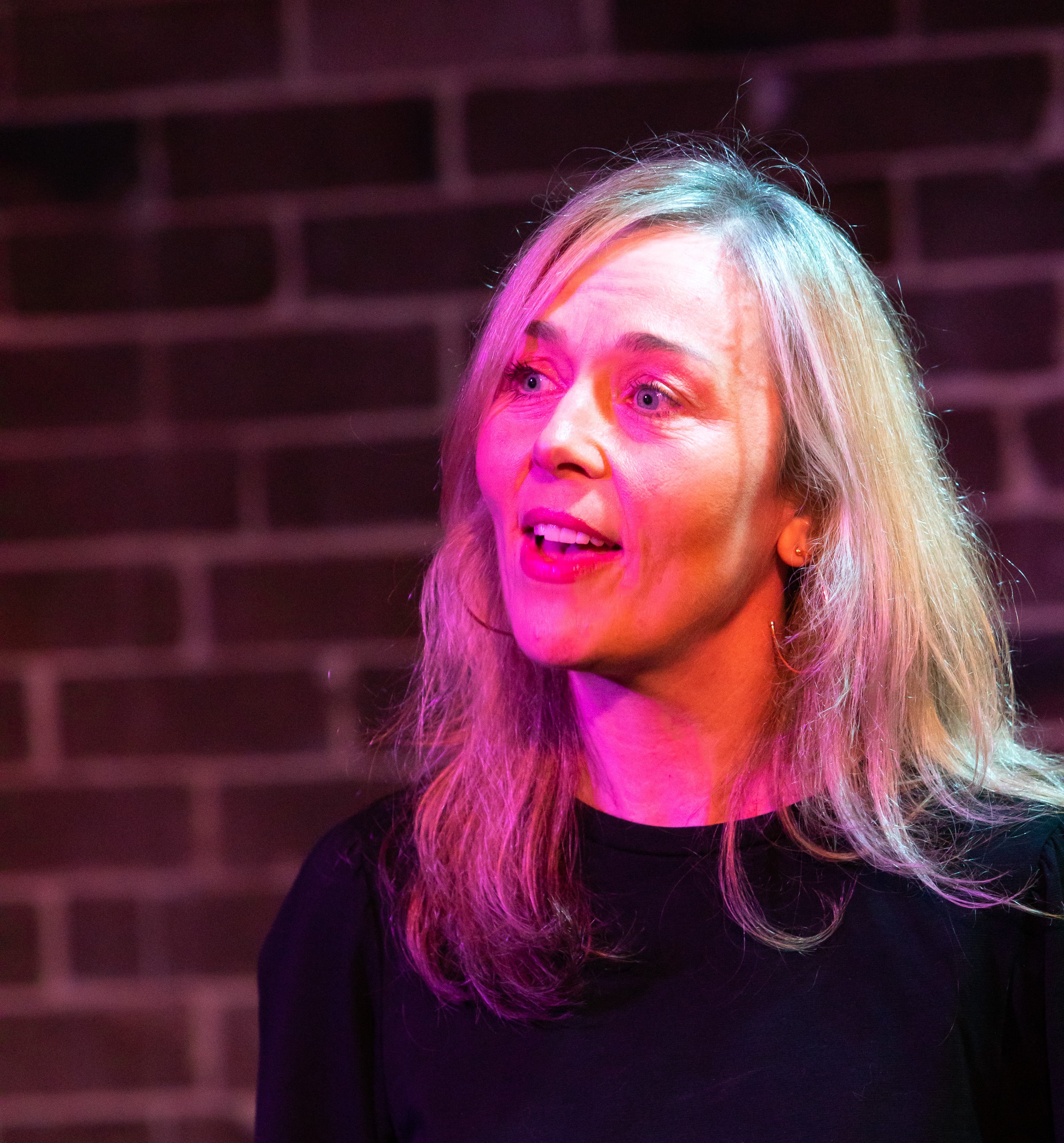
Gina performing I Just Wanna Be a Star
Gina’s performance of ‘I Just Wanna Be a Star’ from Nunsense, at our 2022 studio concert suited her ability to inhabit the character of a star-struck nun, plus, Gina was able to sing in belt for the last phrase. The intermediate level song has relatively fast tempos, needing accurate articulation. The throat needs to stay open and breath control steady. The rhythm is mostly even, and the range is narrower. Gina needed to work on ensuring the detailed lyrics were correct and the story line flowed.
A song with wider, more complex intervals is Stephen Sondheim’s ‘Johanna’, from Sweeney Todd. Singer and actor Jonathan is studying this song as it challenges his aural location of wider intervals. The song does not consistently sit in a high register, but has opportunities to sing up to F5. You must listen carefully not only for accurate intervals but also the shape of vowels and accuracy of consonants. The accompaniment is spare in parts, so you need to be confident without the melody line.
Advanced repertoire requires skill and confidence
Advanced songs rarely have the accompaniment follow the melody line and often there is dissonance in the intervals. This means the intervals sound as if in opposition, and a singer needs confidence to sing these. Singers working on advanced songs have spent much time with their voice and have the musicianship skills to tackle demands such as long breath flows. They have the flexibility to sing many and often fast-moving notes and have strongly developed register transitions. Articulation skills need to be well developed, as rhythmic patterns are often complex and the vocal demands require skilled execution, such a belt or classical styles. Importantly, advanced songs need the detail of the story line or poetry sung with a deep understanding of the writer’s meaning.
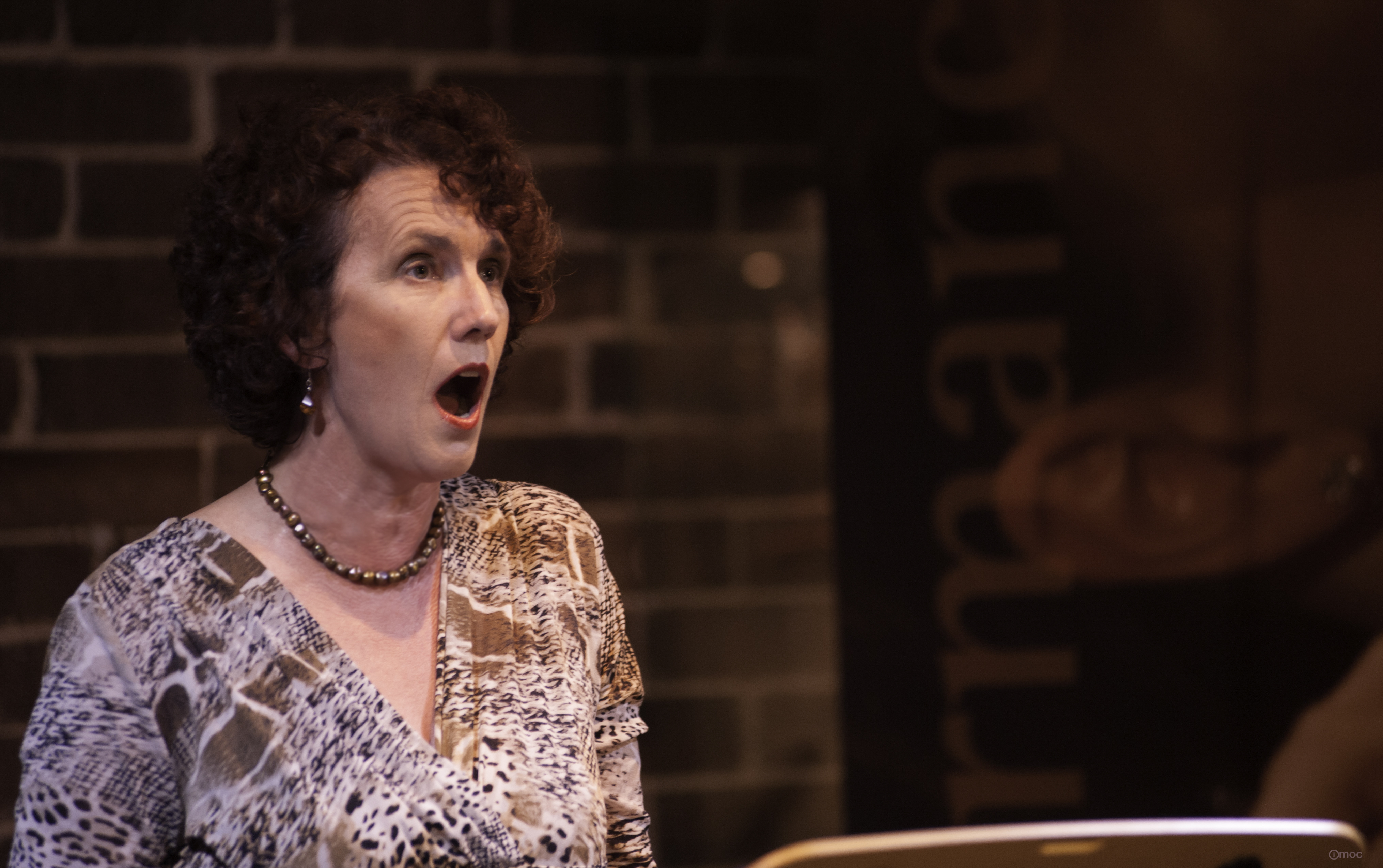
Joanna singing in 2018
Singer Joanna is working on Benjamin Britten’s ‘Cabaret Songs’ and Elgar’s ‘Sea Pictures’ Song Cycle. She finds singing this repertoire inspiring and energizing.
“I can see, hear and sense I have mastered something complex or new in these songs. There is much effort in learning these advanced songs, they can be chromatic, need a lot of agility or the articulation needs close attention,” she says. “In ‘Cabaret Songs’ there are diabolical musical challenges and vocal technical challenges that make me a better singer. The emotional aspects in Elgar’s ‘Sea Pictures’ are about matters of life and death. My own life experiences give me [the] sadness to bring to singing these with deeper understanding. At first, they seem easy, but working with them reveals constant challenges musically and with vocal technique. Without [them] I feel my singing would not progress.”
With Kathleen Connell’s expertise, she helps you choose song repertoire that suits your ability, while offering the challenges to improve your singing. Browse our in-person or online singing lessons, or call 0402 409 106.

